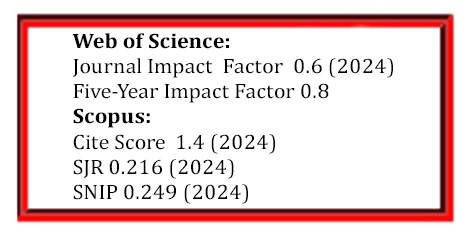Investigation of Surface Quality of CoCrMo Alloy Used in the Tibial Component of the Knee Prosthesis According to the Methods of Turning and Turning-Grinding
DOI:
https://doi.org/10.5755/j01.ms.26.1.21729Keywords:
CoCrMo alloy, machinability, tibial component, turning-grinding methodAbstract
CoCrMo alloys, which are well-known Co-based biomedical alloys, have many different types of surface integrity problems reported in literature. Residual stresses, white layer formation and work hardening layers are some those, matters which occur as a microstructural alteration during machining. Therefore, such problems should be solved and surface quality of end products should be improved. In this paper, the surface quality of CoCrMo alloy used in tibial component of the knee prosthesis produced by means of turning was investigated. An improvement was suggested and discussed for the improvement in their machinability with the developed turning-grinding method. Finite element analyses were also carried out to calculate temperature and thermal stresses distribution between the tool and the tibial component. The results showed that many parameters such as cutting speed, feed rate, depth of cut, tool geometry, and tool wear affect the surface quality of workpieces of CoCrMo alloy. In the turning-grinding method, the machining time is reduced by about six times compared to machining only method. The EDX analysis performed on the surface after machining showed that metal diffusion occurred from tool to the tibial component.
Downloads
Published
Issue
Section
License
The copyrights for articles in this journal are retained by the author(s), with first publication rights granted to the journal. By virtue of their appearance in this open-access journal, articles are free to use with proper attribution in educational and other non-commercial settings.



